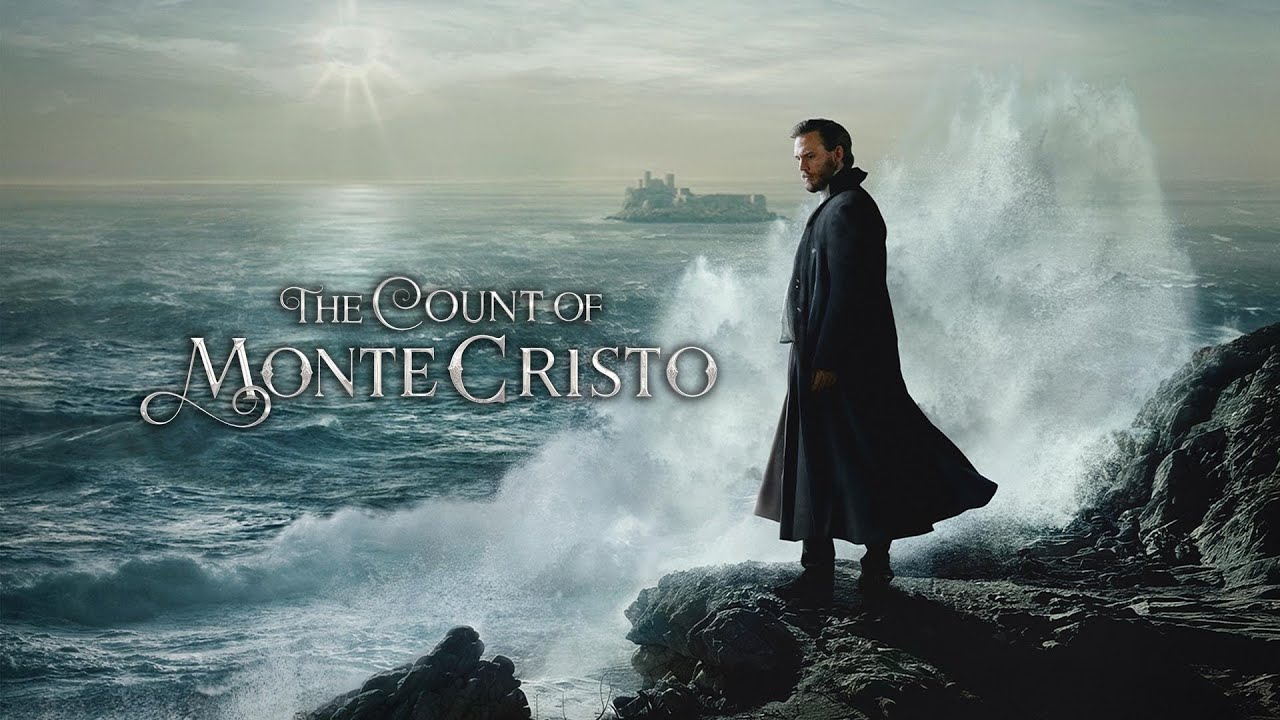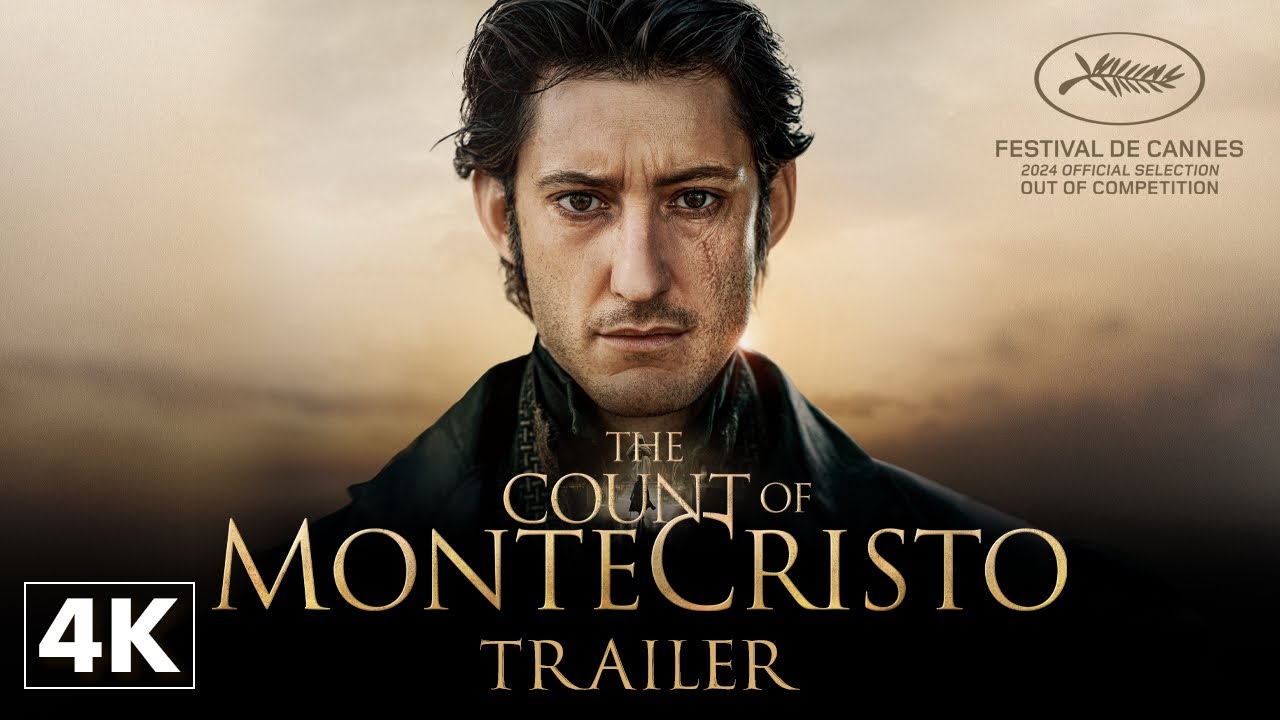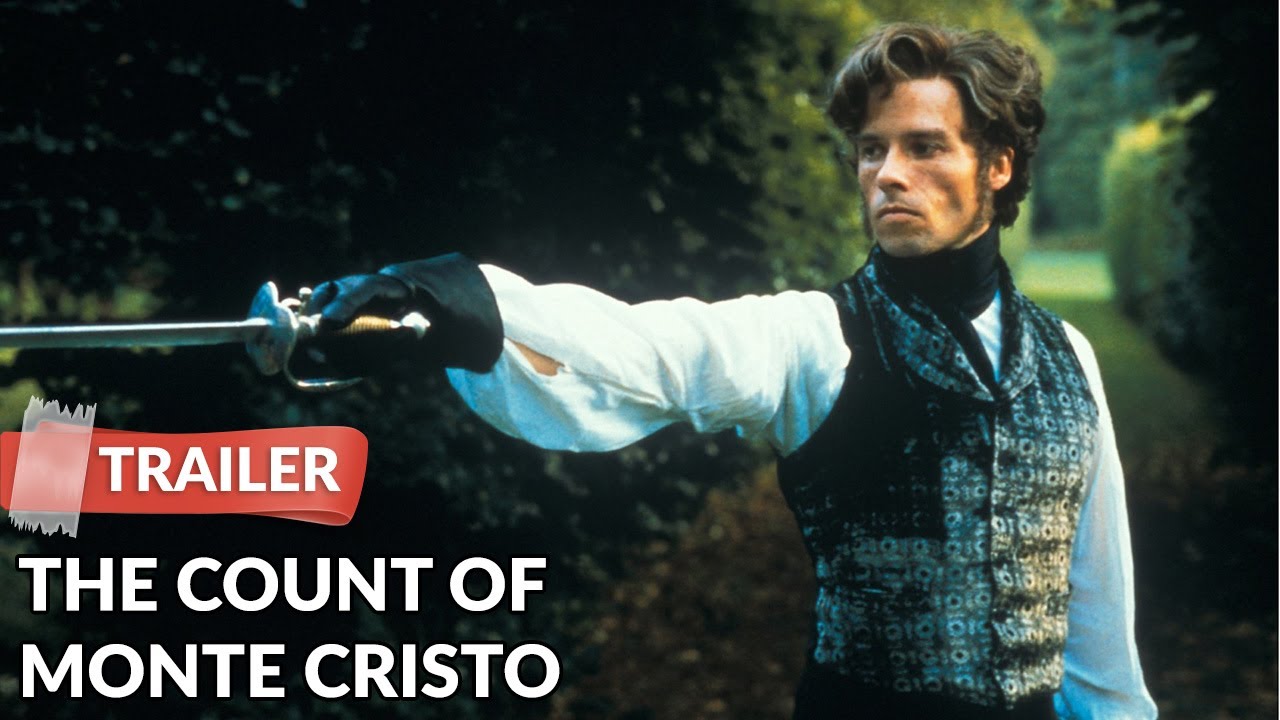Ah, The Count of Monte Cristo—a tale that weaves together vengeance, friendship, and the quest for identity. Based on Alexandre Dumas’s classic novel, this story has jumped from page to screen countless times, keeping audiences riveted since its literary debut in 1844. Whether you’re a fan of the 2002 film starring Jim Caviezel, the gripping Netflix adaptation, or any of the numerous stage adaptations, there’s no denying that the themes of the Count of Monte Cristo resonate in our lives today. So, grab your popcorn, and let’s dive into some of the profound lessons that this extraordinary tale of revenge teaches us.
7 Profound Lessons from The Count of Monte Cristo’s Tale of Revenge

1. Resilience in Adversity
At the heart of The Count of Monte Cristo is the transformation of Edmond Dantès. Once a naive sailor, Dantès becomes the cunning Count of Monte Cristo after enduring wrongful imprisonment. The sheer resilience he exhibits serves as a powerful reminder that our darkest moments can catalyze our most significant growth. Think of Nelson Mandela, who spent 27 years in prison but emerged with vision and strength to change society. Dantès’s journey echoes this—his experiences shape him into a formidable force, showcasing how adversity can mold our character and drive us toward greatness.
2. The Consequences of Betrayal
Betrayal is a double-edged sword in Dumas’s narrative. Characters like Fernand Mondego and Danglars showcase how treachery creates a ripple effect, altering relationships irrevocably. These actions remind us of real-life scenarios, like corporate betrayals or political maneuverings. They show how such choices can lead to lasting damage in personal and professional relationships. Dantès’s world serves as a gripping cautionary tale, revealing the scars that betrayal can forge within the fabric of trust.
3. The Duality of Vengeance and Forgiveness
Dantès’s icy thirst for vengeance raises thought-provoking questions regarding justice and morality. His calculated revenge plans highlight the thin line separating justice from pure vindictiveness. Examining this duality prompts viewers to reflect on modern conflicts, where retaliatory actions often spiral into cycles of violence. It’s a delicate balance that resonates in contemporary society—many Dantès-like figures seek revenge, but often find themselves caught in a ceaseless loop of retribution.
4. The Importance of Knowledge and Preparation
Dantès’s reinvention owes much to the knowledge he gains during his time in the Château d’If. His mentor, Abbé Faria, not only educates him but also equips him with strategic insights. This theme underscores the age-old adage: knowledge is power. It mirrors the philosophies of great strategists like Sun Tzu, emphasizing that preparation opens the doors to success. Dantès embodies this lesson, proving that wisdom can be a person’s most potent weapon in overcoming challenges.
5. The Illusion of Wealth and Power
As Dantès amasses wealth as the Count of Monte Cristo, he discovers something shocking: riches do not guarantee happiness. This revelation mirrors real-world experiences, like those of Jay Gatsby. Gatsby’s lavish lifestyle didn’t buy him love or joy, highlighting a universal truth. Dumas’s narrative is a reminder that true fulfillment often arises from within, rather than from outward symbols of success. Materialism may bring temporary satisfaction, but genuine happiness remains elusive.
6. Identity and Transformation
The Count of Monte Cristo delves deeply into the themes of identity and transformation. As Dantès adopts various disguises and personas, the story compels us to consider how experiences shape who we are. Characters across pop culture, like Bruce Wayne from the Batman series, explore similar depths, illustrating how trauma and triumph influence personal identity. Dantès’s journey invites us to ponder our definitions of self amid our choices and challenges.
7. Trust and Loyalty
In Dumas’s intricate web of relationships, trust is often put to the test. Characters reveal ulterior motives, demonstrating the fragility of loyalty. This dynamic offers a stark reminder about the rarity of genuine companionship. In a world both competitive and fast-paced, true loyalty can feel like a luxury, making it even more precious when found. The tale of Dantès challenges us to cherish those who stand by us amid life’s ups and downs.

The Lasting Impact of The Count of Monte Cristo in Popular Culture
The Count of Monte Cristo, having been penned in 1844, stands firm as a foundational narrative that continues to inspire literature and film into 2026. Adaptations such as the 2002 film starring Jim Caviezel and the recent Netflix series have breathed new life into Dumas’s timeless story. These renditions preserve the heart of the narrative while introducing new audiences to its themes of revenge and redemption.
The book’s motifs extend beyond mere adaptations, inspiring narratives across various media platforms. For instance, Quentin Tarantino’s Kill Bill echoes the chaotic allure of revenge, firmly rooting itself in Dantès’s intricate world. HBO’s Westworld also picks apart human morality, not unlike Dumas’s complex characters. These works demonstrate how The Count of Monte Cristo remains culturally relevant, continually sparking discussions around themes of justice and personal agency.
Literary analyses throughout the years unveil societal reflections within Dumas’s work. Scholars have examined how The Count of Monte Cristo sheds light on ever-evolving understandings of morality. As Dumas’s masterful storytelling finds new interpretations, it reinforces its status not as just a story of revenge but as a profound exploration of the human condition. In the end, the tale affirms that the path from vengeance to understanding is transformative, captivating audiences not only in their seats but also in their hearts.
In wrapping up, The Count of Monte Cristo delivers more than just a gripping saga of espresso and revenge. It pushes us to interrogate profound aspects of our humanity, urging us to reflect on resilience, betrayal, and the nature of trust in an often cruel world. So whether you’re an original Dumas reader or a contemporary binge-watcher, this extraordinary tale of revenge remains a critical narrative—not just in literature but in the very fabric of our lives today.
Count of Monte Cristo: The Extraordinary Tale of Revenge
A Glimpse into the Creations of Dumas
Did you know that Alexandre Dumas, the mastermind behind Count of Monte Cristo, was also a passionate traveler? His journeys significantly influenced his writing style and expansive world-building. This versatility is similar to how Monster Inc brought forth a colorful take on the monster genre, showcasing unique stories that captivate audiences of all ages. Dumas spun tales that blended adventure, romance, and revenge—much like the over-the-top experiences found in the Rocky Horror picture show. His ability to weave different narratives into one thrilling ride is part of what makes Count of Monte Cristo such a classic.
The Legacy of a Timeless Tale
Count of Monte Cristo not only shines as a novel but has also inspired numerous films, plays, and adaptations, carving its name into pop culture history. Interestingly, the emotional letter from Edmond Dantès to his love, Mercedes, echoes the intense moments we see in Final Destination: Bloodlines, where characters face life-altering choices. At its core, the story explores themes of betrayal and revenge that resonate with audiences across the world, much like the unexpected twists in Seasmoke Dragon, capturing the essence of human emotions in storytelling.
Revenge is a Dish Best Served Cold
One of the more intriguing aspects of the Count of Monte Cristo saga is the real-life inspiration behind its characters. Dumas’ own experiences with imprisonment and betrayal shaped the vengeful spirit of Dantès. In similar fashion, the character of Mad Dog russo brings a gritty attitude to stories where justice is served without remorse. Dumas’s real-life encounters remind us of Giannis Antetokounmpo’s unexpected comeback from injury; both tales evoke the spirit of rising against the odds. As you dive into Count of Monte Cristo, consider how Dumas masterfully entwined his personal trials into this extraordinary tale of vengeance and redemption. Plus, let’s not forget how this riveting read aligns with the fantasy escape offered by series like Boruto: Blue Vortex, highlighting the timeless nature of great storytelling.








